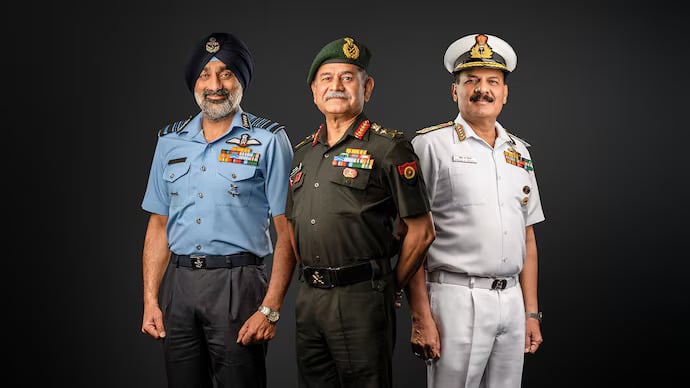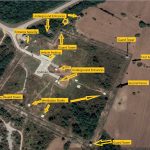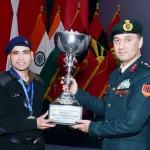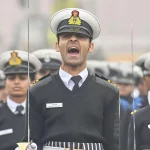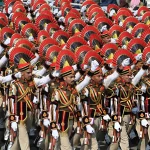In a landmark move to boost operational synergy among the Indian Armed Forces, the Government of India has fully operationalized the Inter-Services Organisations (Command, Control & Discipline) Act, 2023. The Ministry of Defence today notified the rules under the Act, granting Commanders-in-Chief and Officers-in-Command of Inter-Services Organisations (ISOs) full disciplinary and administrative authority over personnel from the Army, Navy, and Air Force.
The Act aims to eliminate redundancies in command structures and foster greater cooperation among the three services while maintaining their distinct service conditions. With this development, ISO commanders now hold powers equivalent to top-ranking officers in individual services, such as a General Officer Commanding in the Army or a Flag Officer Commanding-in-Chief in the Navy.
Defence Minister Rajnath Singh described the move as a transformative step toward military integration and readiness. “This Act ensures our forces can operate as a unified entity, enhancing our capability to address modern security challenges while maintaining the proud traditions of each service,” he said.
This reform is a significant milestone in the broader vision of defence modernization championed by Chief of Defence Staff General Anil Chauhan since taking office in September 2022. His tenure has focused on breaking down inter-service barriers, encouraging cross-postings, and laying the groundwork for more integrated command structures. The operationalization of the ISO Act builds on these efforts and sets the stage for more comprehensive reforms like the long-anticipated joint theatre commands.
Currently, India’s military command structure consists of 19 separate Army, Navy, and Air Force commands. The concept of joint theatre commands—which would integrate these under unified leadership based on geographic or functional criteria—has been under discussion for years but has encountered institutional resistance.
While the ISO Act is a crucial administrative step forward, defence analysts caution that true integration will require parallel reforms in logistics, training, and operational doctrines. They also stress the importance of increasing support for indigenous defence projects, such as the DRDO’s Kaveri engine program, which is vital for self-reliance in fighter jet technology.
As global security dynamics become more complex, the operationalization of the ISO Act marks a pivotal shift in India’s military posture, enabling the Army, Navy, and Air Force to operate with greater cohesion and efficiency in the face of evolving threats.

